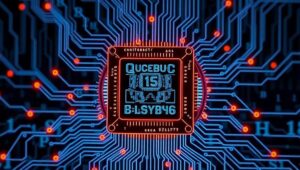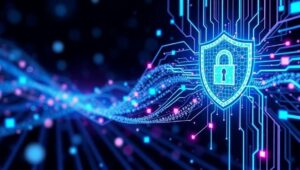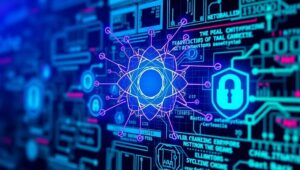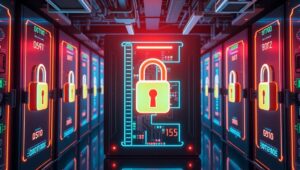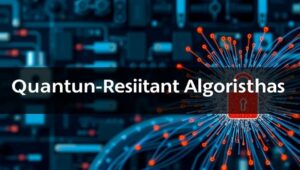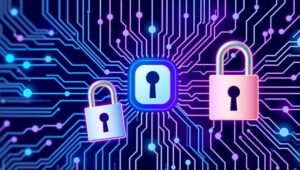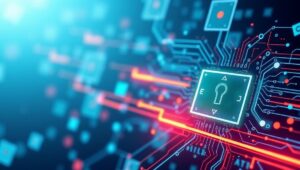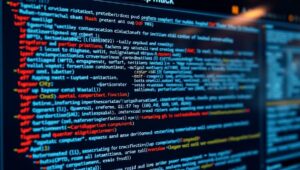May 20, 2025
The Role of NIST in Post-Quantum Cryptography Standards (2025 Update)
The Role of NIST in Post-Quantum Cryptography Standards (2025 Update) As quantum computing advances, the need for robust cryptographic standards that can withstand quantum attacks becomes increasingly critical. The National Institute of Standards and Technology (NIST) plays a pivotal role in this transition, spearheading the development and implementation of Post-Quantum Cryptography (PQC) standards. This article provides an updated overview of NIST’s efforts in 2025 and their significance for cybersecurity. What is Post-Quantum Cryptography? Post-Quantum Cryptography refers to cryptographic systems that are secure against both classical and quantum computers. Traditional encryption algorithms, such as RSA and ECC, are vulnerable to attacks
